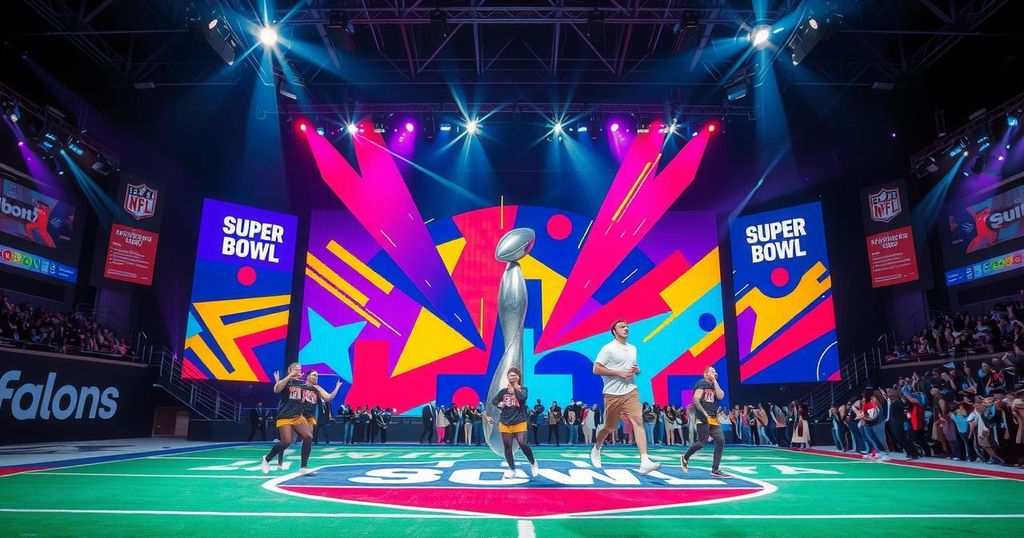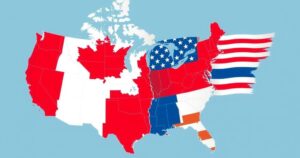Sports and Politics: An Unshakeable Connection
- Kendrick Lamar’s Super Bowl performance blended sports and social issues.
- Historical protests in sports show the deep connection with politics.
- Athletes have often used their platforms to advocate for change.
Super Bowl Halftime Show Sparks Political Reflection
Sports and Politics: An Unshakeable Relationship — On the evening of February 9, millions were glued to their screens, anticipating the Super Bowl halftime show featuring rapper Kendrick Lamar. His performance, packed with impactful visuals and thought-provoking messages, captured the attention of both fans and critics alike. For some, it was a significant moment that highlighted socio-political concerns that often lie beneath the exhilaration of sports events, while for others, it was merely entertainment in a football-centric night.
Historical Context of Political Protests in Sports
The Resonance of Political Statements in Sports — Lamar’s act didn’t fade away once the football resumed; it ignited discussions that span beyond the realm of sport. Political commentary in sports is nothing new; history shows that athletes and entertainers have long used their platforms for advocacy. From the iconic Black Power salute by Tommie Smith and John Carlos in 1968 to Colin Kaepernick kneeling during the national anthem to protest police violence, these moments force society to confront uncomfortable realities, reflecting how intertwined politics and sports can be, despite claims of neutrality.
The Dual Role of Sports in Society
Sports: An Arena for Activism and Escape — While it might seem that sports provide a temporary refuge from real-world issues, they simultaneously raise crucial conversations we’ve often avoided in traditional settings. As UF psychology professor Erin Westgate notes, the excitement of competition can transport viewers away from their daily stresses, making them focus solely on the current game. However, as UF’s Kyriaki Kaplanidou emphasizes, sports also dispel moments of community engagement, showcasing performances and social interactions. This intricate tension between sport as leisure and a platform for activism illustrates a fundamental paradox: sporting events not only capture the joy of competition but also challenge us to reflect on pressing societal matters, whether we’re ready to acknowledge them or not.
Ultimately, sports and politics are deeply intertwined, and the recent Super Bowl halftime performance by Kendrick Lamar captures this relationship beautifully. As fans find joy in sporting events, they can’t overlook the ongoing dialogue about activism and social responsibility that surfaces during these moments. It’s all about how we engage with these messages when they arise, ensuring that the connection between sports and politics remains a topic of discussion for years to come.




